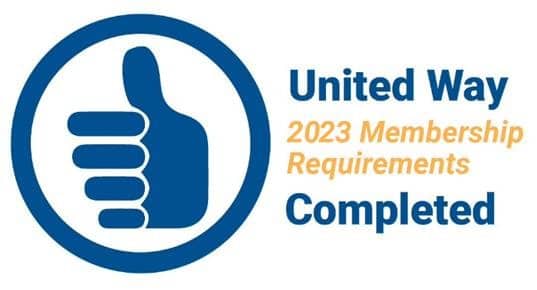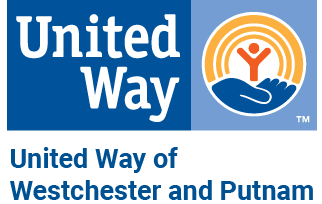DAY 2: Exploring Bias and Why it is Hard to Talk about Race
Today we’re starting by looking inside, because we know that is where change starts. Knowing more about ourselves makes it possible to learn, grow, explore, and act. What does race mean to you? More specifically, what does YOUR race mean to you? While many people are intimately aware of their racial identity, others may still be learning about what racial identity means for themselves and their perceived place in society. On Day 1 we talked about race as a social construct. Let’s take another look at how racial identity is shaped by society in the article below. When we know more about ourselves, we can be more aware of others and open to their experiences. Learning about our own implicit biases—the positive and negative attitudes, stereotypes, and feelings we have about people and groups that are different than ourselves—is an important part of this Challenge. Often the biases we hold, even those that are unconscious, can cause us to act in discriminatory ways. Addressing our own implicit bias is the first step in moving towards a more inclusive and equitable society.
How often does a conversation about race turn a room silent, or create divisions among friends, family, and colleagues? Why does this happen? Many people think that talking about race is “taboo” or have been taught to avoid the topic all together. Others may shy away due to lack of experience or ability to articulate their feelings on the topic. Whatever the reason, taking this Challenge may help to build the skills to participate in conversations about race to help move our community forward. Here’s How You Get Started First, ask yourself if you are comfortable engaging in a conversation about race with those who are the same race as you. Now, how about a conversation about race with someone who is a different race? Either situation may feel uncomfortable, especially if you haven’t been exposed to this type of dialogue or are not sure how to start. Maybe you’re worried about “saying the wrong thing”, causing harm, or creating a rift in a relationship. If this is you, you’re not alone. Check out the resources below for helpful tips and supportive examples to improve conversations about race.
These articles were curated by a local committee to be used as a list of resources pertinent to DEI topics. The 21-Day Racial Equity Challenge Committee would like to thank and give attribution to those who created the content above, which reflects their individual perspectives. We do not support nor endorse any advertisements associated with the above content.
REFLECT...
Use these following prompts to reflect on the information you consumed today:
- What messages did you learn about race from your family, school, or friends?
- How might awareness of your implicit bias affect your future actions and decisions?
- How often have you been in social settings where the majority of individuals have been of a different race or ethnicity?
- When you hear people in your circles making biased comments, do you speak up? If so, what do you say? If not, think about how you can address biased comments next time you may encounter them.
Take the Project Implicit Bias Test from Harvard University here (select Race after agreeing to terms).
TAKE ACTION...
Your action item of the day is to…
Have a conversation about race with children in your life. If this is uncomfortable or you’re not sure where to begin, use these tips to get started
PROGRESS
YOU HAVE COMPLETED 2 OUT OF 21 DAYS OF THE CHALLENGE!
This 21 Day Racial Equity Challenge is Presented By....
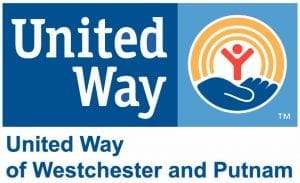
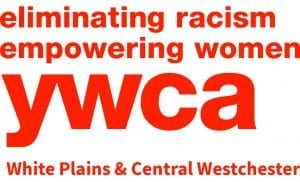
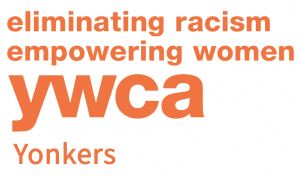
Thank You to Our Community Partners...






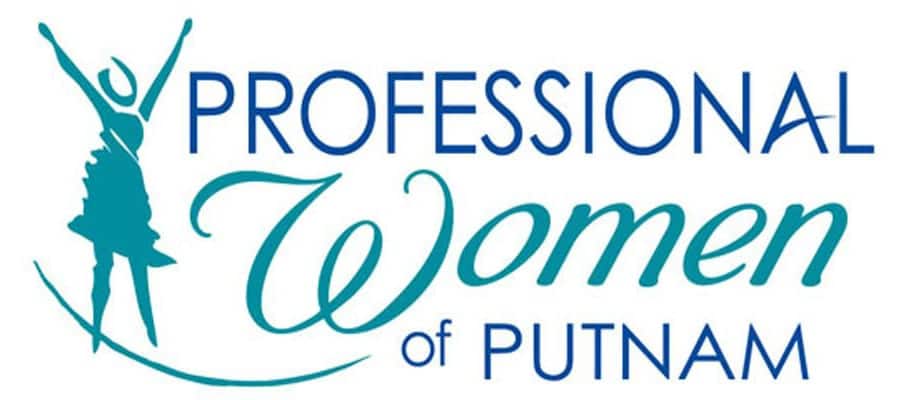
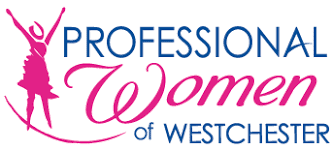
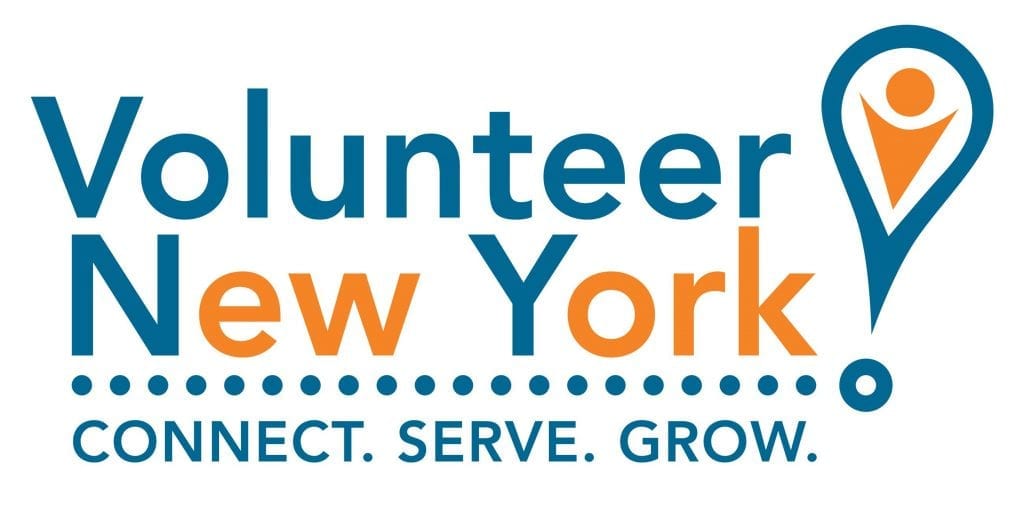

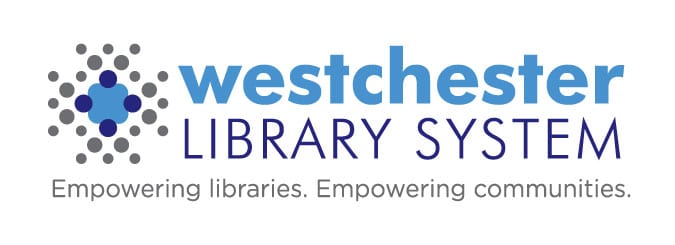
336 Central Park Avenue
White Plains, NY 10606
914.997.6700
Privacy Policy
Board Portal
Career Opportunities
